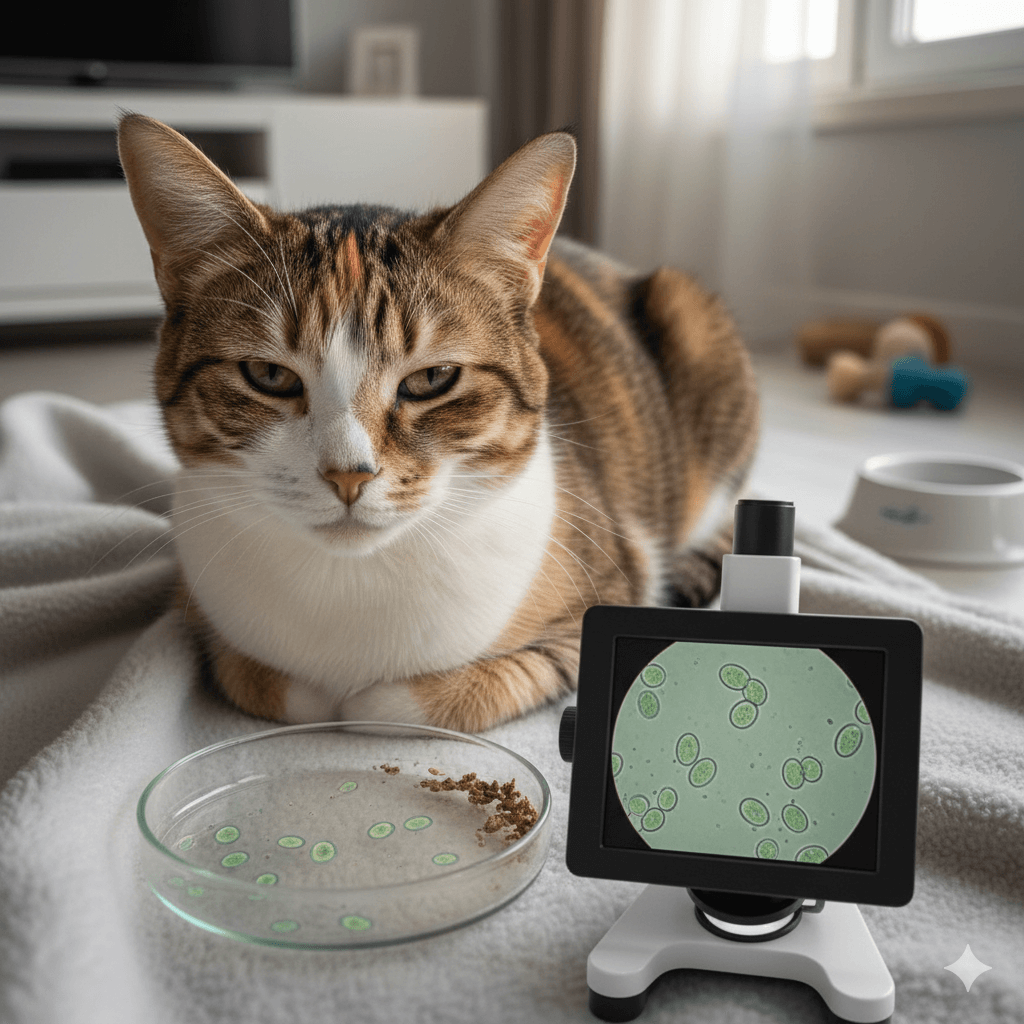Do Cats Pee When Scared? Understanding Feline Behavior Under Stress
Cats are known for their independence, grace, and mysterious behavior. However, when it comes to stress or fear, their reactions can sometimes be surprising—and even messy. One common question cat owners ask is, “Do cats pee when scared?” The short answer is yes—some cats may urinate as a response to extreme fear or anxiety. But why does this happen, and what can you do about it?
In this blog post, we’ll explore the reasons behind this behavior, how to identify stress triggers, and practical tips to help your feline friend feel safe and secure. Whether you’re a seasoned cat owner or new to the world of feline companionship, understanding this behavior is key to building a stronger bond with your pet.
Why Do Cats Pee When Scared? Exploring the Science Behind the Behavior
When cats experience intense fear or stress, their bodies can react in unexpected ways. Urination during moments of panic is often linked to their natural fight-or-flight response. Here are some reasons why this happens:
Fight-or-Flight Response:
When scared, a cat’s body releases adrenaline, which can lead to involuntary bladder emptying as part of their survival mechanism.Loss of Control Over Bladder:
Extreme fear can override a cat’s ability to control their bladder muscles, causing them to urinate involuntarily.Territorial Marking Gone Wrong:
While not intentional marking, fear-induced urination can sometimes mimic territorial behavior due to heightened stress hormones.Past Trauma or Anxiety Disorders:
Cats with a history of trauma or chronic anxiety may be more prone to peeing when scared as a coping mechanism.Lack of Safe Spaces:
If a cat feels cornered or unable to escape a stressful situation, they may urinate as a distress signal or out of sheer panic.
Understanding these triggers can help you empathize with your cat’s behavior and take steps to prevent fear-induced accidents. Remember, this reaction is not about defiance—it’s a natural response to overwhelming emotions.
Common Scenarios That Might Cause Fear-Induced Urination
Certain situations are more likely to trigger fear-based urination in cats. Identifying these scenarios can help you anticipate and minimize stress for your furry companion. Here are some examples:
Loud Noises:
Fireworks, thunderstorms, or loud construction noises can terrify cats, leading to accidental urination.Sudden Changes in Environment:
Moving furniture, redecorating, or introducing new pets can disrupt a cat’s sense of security.Unfamiliar People or Animals:
Visitors or stray animals entering your home may overwhelm your cat, causing them to pee out of fear.Veterinary Visits:
Trips to the vet can be incredibly stressful for cats, often resulting in fear-related accidents.Punishment or Aggressive Handling:
Yelling at or physically punishing your cat can escalate their fear and lead to unwanted urination.
By recognizing these common stressors, you can take proactive measures to reduce your cat’s anxiety and create a calmer environment. Prevention is always better than dealing with the aftermath!
Check this guide 👉Cat Pee Under Black Light: Best 7 Expert Tips!
Check this guide 👉Is Cat Pee Toxic? Best 7 Expert Tips!
Check this guide 👉Understanding Normal Cat Pee Clump Size: Best 7 Tips!

Signs Your Cat Is Stressed | Ways to Help Them Feel Safe |
|---|---|
Excessive grooming or hair loss | Provide hiding spots like boxes or caves |
Hissing or growling | Use calming pheromone diffusers |
Loss of appetite | Maintain a consistent daily routine |
Hiding for long periods | Avoid sudden changes in their environment |
Dilated pupils or flattened ears | Speak softly and avoid loud noises |
How to Prevent Fear-Induced Urination in Cats
Preventing fear-induced urination involves creating a calm and predictable environment for your cat. Here are some strategies to help reduce stress and avoid accidents:
Create Safe Spaces:
Set up cozy hideaways where your cat can retreat when feeling overwhelmed.Use Calming Products:
Pheromone sprays or diffusers like Feliway can help soothe anxious cats.Gradual Introductions:
Introduce new people, pets, or changes slowly to give your cat time to adjust.Desensitize Loud Noises:
Play recordings of thunder or fireworks at low volumes to help your cat get used to the sounds.Positive Reinforcement:
Reward calm behavior with treats or affection to encourage relaxation.
By implementing these strategies, you can significantly reduce the likelihood of fear-induced urination and foster a peaceful home environment for your cat.
What to Do If Your Cat Pees Due to Fear
If your cat has already had an accident due to fear, it’s important to handle the situation calmly and effectively. Here’s what you should do:
Stay Calm and Reassure Your Cat:
Avoid scolding or punishing your cat, as this will only increase their stress levels.Clean the Area Thoroughly:
Use enzymatic cleaners to remove any lingering odors that might attract repeat incidents.Identify the Trigger:
Reflect on recent events to determine what caused the fear and address the root cause.Consult a Veterinarian:
Rule out medical issues like urinary tract infections that could mimic fear-based urination.Monitor Their Behavior:
Keep an eye on your cat’s habits to ensure the issue doesn’t become a recurring problem.
Handling the situation with patience and care will help your cat recover from the incident and feel safer moving forward.
Signs That Your Cat Is Feeling Stressed
Recognizing stress in cats early can prevent fear-based behaviors like urination. Here are some subtle signs to watch for:
Excessive Vocalization:
Increased meowing or yowling may indicate discomfort or anxiety.Overgrooming:
Cats may lick themselves excessively as a self-soothing mechanism.Aggression Toward Other Pets:
Sudden hostility toward other animals in the house can signal stress.Changes in Sleep Patterns:
Sleeping more or less than usual could point to emotional distress.Avoidance of Interaction:
If your normally social cat starts avoiding you, it may be a sign of stress.
Being attentive to these signs allows you to intervene before fear escalates into problematic behaviors.
Natural Remedies to Calm a Stressed Cat
If you prefer natural solutions, there are several remedies that can help soothe your cat during stressful times:
Herbal Supplements:
Chamomile or valerian root can have calming effects on cats.Interactive Toys:
Engaging toys distract your cat and redirect their focus away from stressors.Classical Music or White Noise:
Soft, calming sounds can create a relaxing atmosphere for your cat.Catnip:
For some cats, catnip acts as a natural stress reliever (though not all cats respond to it).Massage Therapy:
Gentle stroking or massaging can help relax tense muscles and calm nerves.
These natural remedies offer safe and effective ways to comfort your cat without relying on medication.
Building Trust After a Fear Incident
After a fear-induced urination episode, rebuilding trust with your cat is essential. Here’s how you can repair and strengthen your bond:
Spend Quality Time Together:
Engage in activities your cat enjoys, such as playing or cuddling, to reinforce your connection.Respect Their Boundaries:
Allow your cat to approach you on their terms instead of forcing interaction.Offer Treats and Rewards:
Positive reinforcement helps rebuild confidence and trust.Maintain Consistent Routines:
Predictability reduces anxiety and reassures your cat that everything is okay.Be Patient:
Healing takes time, so give your cat space to recover emotionally.
By focusing on trust and consistency, you can restore your cat’s sense of security and prevent future incidents.
Frequently Asked Questions About Fear-Induced Urination in Cats
Is it normal for cats to pee when scared?
Yes, it’s a natural reaction to extreme fear or stress, though it’s not universal among all cats.
Can this behavior be trained out of them?
While training can help, addressing the underlying stressors is more effective in preventing recurrence.
Should I punish my cat for peeing out of fear?
No, punishment will only worsen their anxiety and damage your relationship with them.
How can I tell if my cat’s urination is fear-based or medical?
Consult a vet to rule out health issues before assuming it’s purely behavioral.
What products can help calm my cat?
Calming pheromone diffusers, soothing music, and herbal supplements can help reduce anxiety.
Helping Your Cat Feel Safe: A Path to Peaceful Living
Fear-induced urination is a challenging but manageable aspect of cat ownership. By understanding the reasons behind this behavior and taking proactive steps to reduce stress, you can create a harmonious environment for your feline friend. Remember, patience and empathy go a long way in helping your cat overcome their fears. With the right tools and approach, you can strengthen your bond and ensure your home remains a sanctuary for both you and your beloved pet.
Understanding Cryptosporidium in Cats: Best 7 Expert Tips! – Spot symptoms, treat safely, and stop parasite spread in your home.
Understanding Cryptosporidium in Dogs: Best 7 Expert Tips! – Learn symptoms, treatment & prevention for this stubborn gut parasite.
Understanding Syringomyelia in Cats: Best 7 Expert Tips! – Recognize signs, manage pain, and support your cat’s neurological health with vet-backed guidance.
Understanding Syringomyelia in Dogs: Best 7 Expert Tips! – Expert insights on symptoms, MRI diagnosis, pain management & quality of life.





